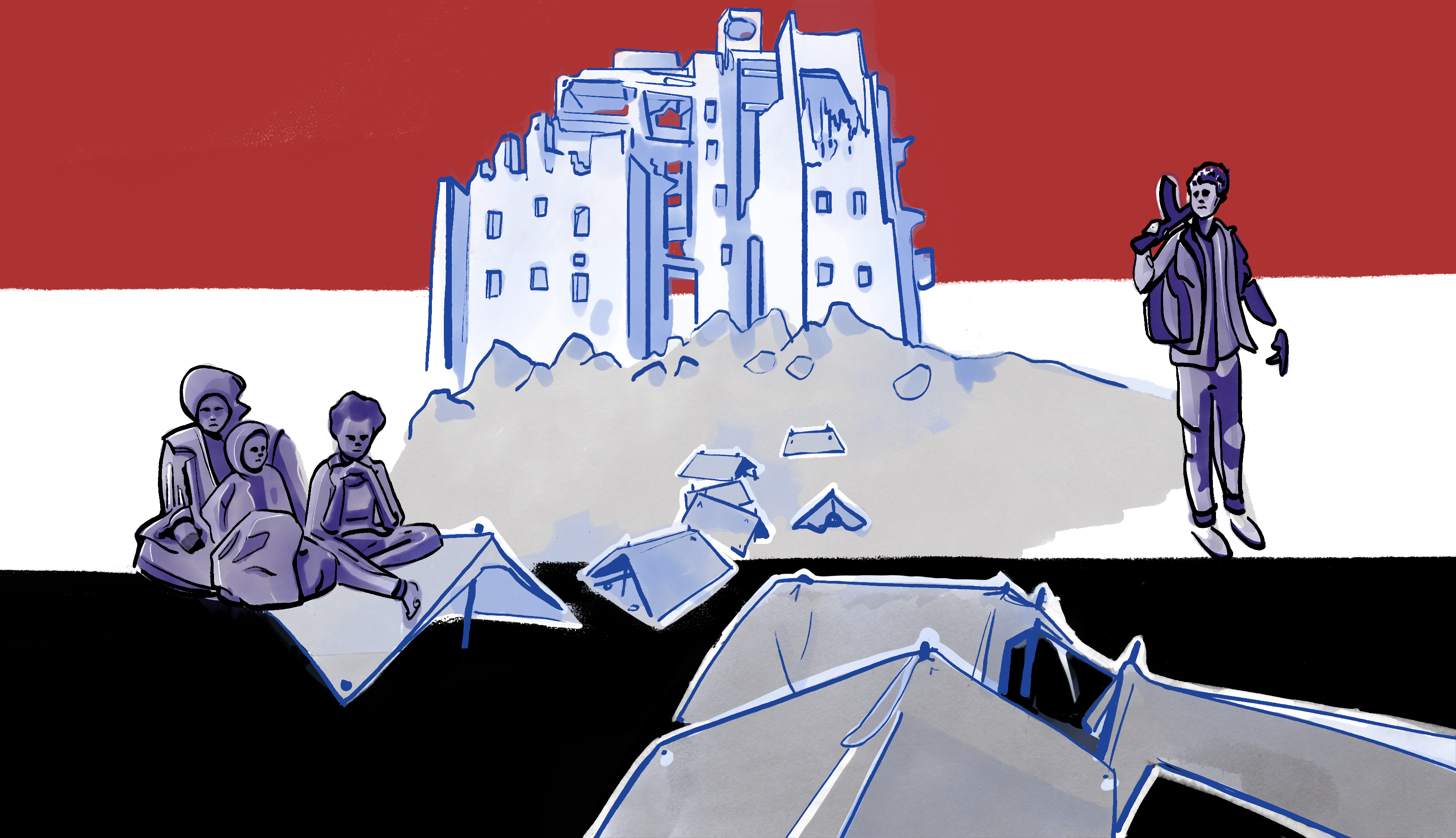In the short term, Biden’s diplomatic approach in Yemen may not be enough to leverage peace
Earlier this month, the Biden administration took considerable steps to reverse U.S. policy on the war in Yemen, instigated under Obama and continued throughout Trump’s presidency.
It notably put a hold on its support to the Saudi-led coalition, revoked the terrorist designation of the Houthi movement, and appointed veteran diplomat, Timothy Lenderking, as special envoy to the conflict.
What began in 2014, when the Iran-backed Houthi movement overthrew president Hadi’s unpopular government, has since turned into the world’s worst humanitarian crisis. As of 2015, neighbouring Saudi Arabia has spearheaded a coalition, while mobilizing a substantial part of its GDP, to back the Hadi government and wage a war against the Houthis and their allies – so far, unsuccessfully.
According to the United Nations, 233,000 people have been killed in the war and more than 20 million are left in dire need of humanitarian aid. In a briefing to the Security Council last week, UN humanitarian chief Mark Lowcock warned the country is “speeding towards the worst famine the world has seen in decades,” adding that “something like 400,000 children under the age of five are severely malnourished across the country.”
“This war has to end,” Biden said earlier this month, of the conflict that has reached a stalemate since the latest attempts at peace talks failed in 2018.
For the population, peace is long overdue. As reported by Newlines Magazine, many have welcomed efforts to reignite the peace process, but remain pessimistic about the prospect of a political solution in the near future.
The U.S.’ shift towards a diplomatic approach or even a hypothetical withdrawal of regional actors, like Saudi Arabia, would not necessarily result in the end of the civil war, warns Elena Delozier from the Washington Institute. In an interview on the Conversation Six podcast, she stressed that this conflict was and remains one mostly animated by local actors – the Houthis and the Yemeni government.
“If we had an arrangement for peace talks tomorrow, neither of them have the political will right now to go to the table,” she said. “The question for the United States is how can it get the Hadi government, the Houthis, or how can it help the U.N. get, those two parties to come to peace talks.”
In recent weeks, the Houthi movement has made advances on the government’s last stronghold of Marib – the fall of which experts say will bring about further displacement and humanitarian consequences.
Last September, a UN group of experts designated Canada as one of the countries responsible for “perpetuating the conflict” by selling arms, including sniper rifles and light armoured vehicles, to Saudi Arabia. The ongoing arms deal currently amounts to $14 billion.
The New Democratic Party reiterated this criticism earlier this month in the House of Commons. Foreign Affairs Minister Marc Garneau assured, “Human rights considerations are now at the centre of our export regime,” adding that he “will deny any permit application where there is a risk of human rights violations.”
In addition to the U.S.’ dwindling support, the declassification last Friday of a report that found Saudi Crown Prince Mohammed Bin Salam responsible for approving the murder of Washington Post journalist Jamal Khashoggi, puts Ryadh in an increasingly defensive position.
But while it may reduce its military spending in Yemen, Saudi Arabia is expected to further its presence through local undercover fighters, according to Ahmed Nagi, a fellow at the Carnegie Middle East Institute.
Meanwhile, for the Houthis, the “priority today is to make more gains, not to engage in power-sharing deals,” said Nagi, indicating that under such conditions, a viable path to peace remains nothing but precarious.
Graphic by James Fay
